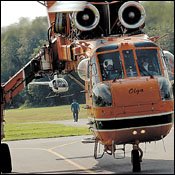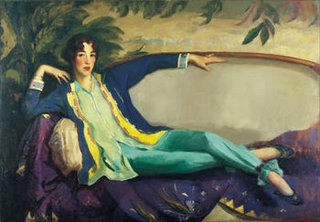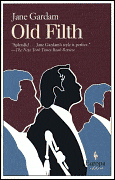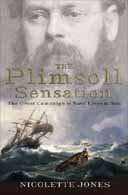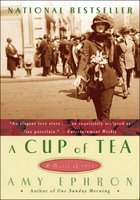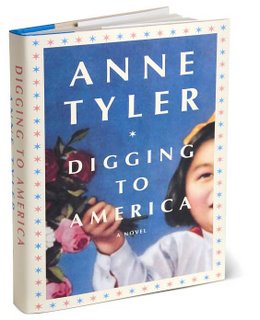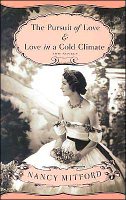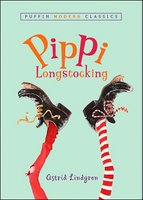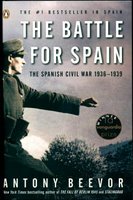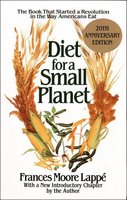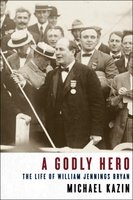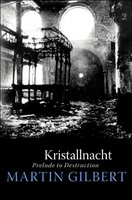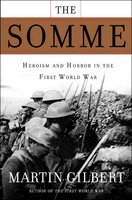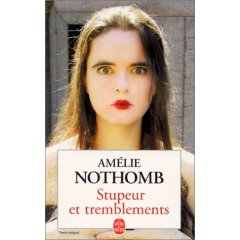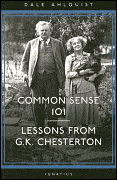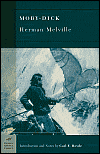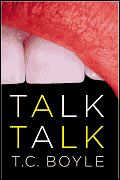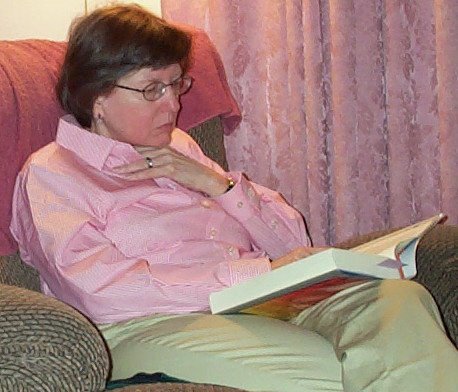Wilhelm's Meme
Wilhelm hates filling out forms. It's a struggle every ten years to get him to do the Census. So I didn't really expect anything when I asked him to answer the Meme questions.
He did it! And there are some very good books on his list.
1. One book that changed your life
The Rise of Theodore Roosevelt by Edmund Morris. There may be other books, too, but this is the one that made me the TR buff that I am today (with all attendant consequences).
2. One book that you've read more than once
I'm not much for re-reading books. I do believe that I have read at least twice The Deep Blue Good-by by John D. MacDonald, the first of the Travis McGee books.
3. One book you'd want on a desert island
On a practical level, probably The Boy Scout Handbook. Assuming that I did not need the practical information, then The Bible.
4. One book that made you laugh
Because I enjoy humor, I 've read a lot of book that have made me laugh. How can I pick one? I can't. I'll give you some of the best (as I can recall off the top of my head and you can pick.
The White House Mess, by Christopher Buckley (political satire at its best)
Stormy Weather, by Carl Hiasson (still my favorite Florida novel)
The Complete Works of Saki, by H.H. Munro ("Say what you will about Christianity, but a religion that gave us green chartreuse will never die.")
A Fine and Pleasant Misery, by Pat McManus (the very best of outdoor humor)
5. One book that made you cry
Well, I'm not much for tear jerkers. Even if it was only one passage, I did get a bit teary in The Rise of Theodore Roosevelt, when TR's first wife, Alice Lee Roosevelt dies on the same day, in the same house, as does TR's mother, Martha Bullock Roosevelt ("The light has gone out of my life forever.")
6. One book you wish had been written
I'm really not coming up with anything here. Lack of imagination perhaps. I suspect that whatever I might suggest actually has been written. If I come up with anything, I'll get back to you.
7. One book you wish had never been written
The Koran
8. One book you're currently reading
If only you'd asked a couple of days ago, I would have responded A Godly Hero, the life of William Jennings Bryan. Now, I'm reading Watch Your Back, by Donald Westlake -- lightweight summer fiction, and so far not that good. Technically, I am still reading The Merchant of Power: Sam Insull, Thomas Edison, and the Creation of the Modern Metropolis by John F. Wasik -- an interesting book that I need to get back to.
9. One book you've been meaning to read
Yikes, there's a stack of them. One would by Worth the Fighting For, by John McCain. Even if I don't always agree with Senator McCain, I always respect him.
10. Now tag five people
Sorry, I don't play tag.

